Introduction
The heart has its reasons which reason knows nothing of. — Blaise Pascal. These words capture an eternal truth about love's enigmatic nature. Pascal was not writing about Artificial Intelligence, of course, yet the quote's essence speaks volumes in today's rapidly transforming world. Here we find ourselves: entrusting machines not only with logical pursuits but personal, emotional matters once thought exclusively human.
Could a neural network learn to woo the human heart better than we can? Pause for a moment to reflect on this curious intersection of technology and emotion. What might it mean for our human connections if an AI becomes more emotionally attuned than the average person? In a world where AI—like OpenAI, led by Sam Altman—can mimic empathy and problem-solve, are we venturing into a realm where machines steal the spotlight in our love lives?
Authors like Sherry Turkle, Isaac Asimov, and Ray Kurzweil have long pondered advanced AI's implications on the most intimate aspects of humanity. As AI starts forming deeply personalized experiences through learning and adaptation, we must ask: are these connections truly love, or are they digital echoes of the real thing? And what about the repercussions on our emotional well-being?
Together, let's explore this thought-provoking terrain where silicon and human emotion meet. Ready to dive in?
The Mechanisms of AI Learning and Adaptation
What makes AI capable of customizing relationships lies in its fundamental abilities: learning, understanding, and processing. Think of AI as the most eager eavesdropper—so keen to listen, learn, and store every tidbit of data it gathers from you. This smart tool isn't like your typical pre-programmed software; it's more like a curious, ever-learning entity.
Machine Learning vs. Traditional Programming
Imagine telling a five-year-old to count the stars. Traditional programming is akin to listing instructions for that child to follow each night. In contrast, machine learning allows that child to develop their strategy—somehow connecting dots to see constellations without a script. AI explores, it tries, and it fails—a lot, actually—until it hits that sweet spot of understanding.
The magic behind AI lies in algorithms like neural networks, which mirror human brain structures on a digital canvas. Think of it as AI's "eureka" moments, allowing it to recognize your coffee preference after just a week's worth of breakfast data.
Natural Language Processing in Understanding Emotions
Natural Language Processing, or NLP, is AI's capacity to crawl into our minds, decoding not just words, but inflections, tones, and maybe even sarcasm. Imagine AI shouting, "Gotcha, you were just kidding!" after you mumble about not wanting dessert while eyeing a chocolate cake. NLP enables AI to bridge the gap between binary logic and the colorful spectrum of human speech and emotion.
With the power of NLP, AI doesn't just understand the phrase "I'm fine" when paired with a heavy sigh. It wades into emotional murkiness, offering a digital Kleenex when needed. When sadness permeates your words, AI nudges you towards an uplifting movie recommendation or a call with a friend.
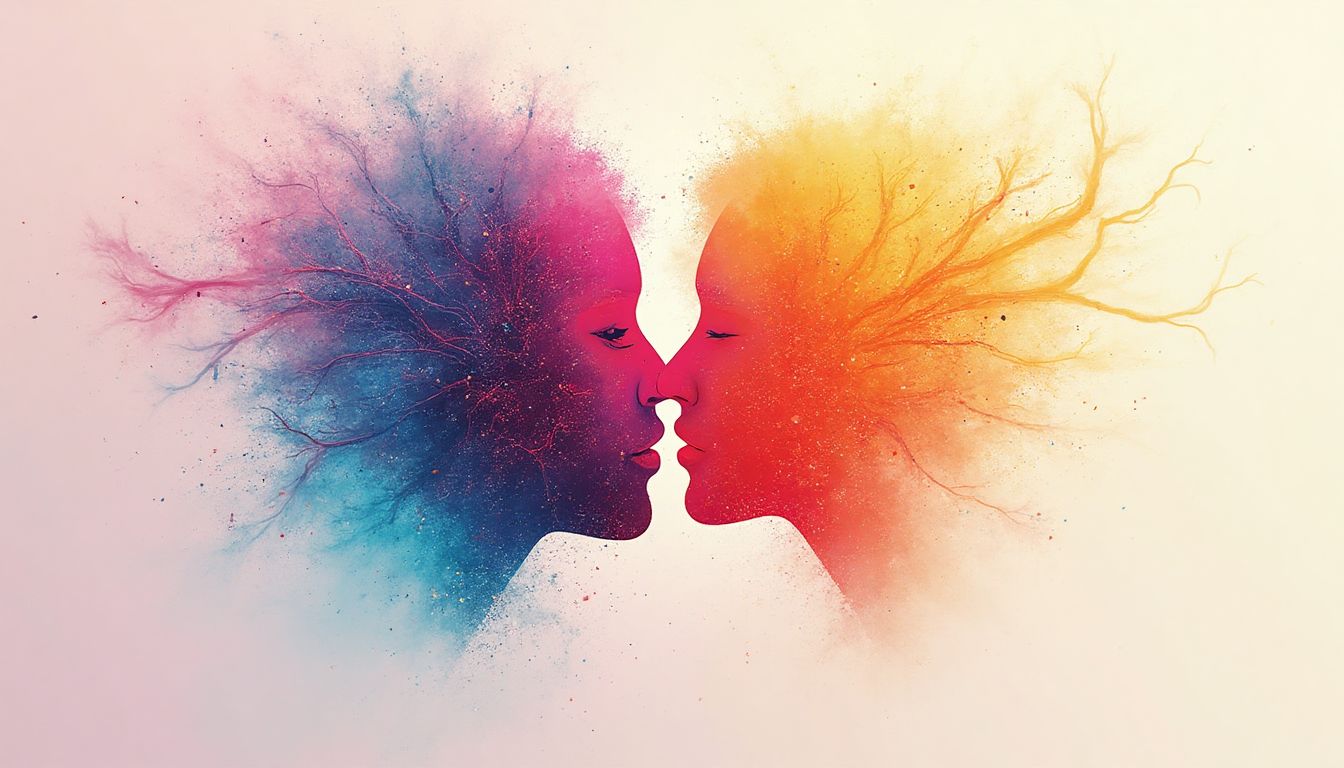 love and the impact on human emotional health.">
love and the impact on human emotional health.">
AI and Emotional Intelligence: Can Machines Truly Understand Us?
The quest to create emotionally intelligent machines has captured the imagination of scientists and romantics alike. How close can AI get to understanding the many quirks of human emotions? Let's explore whether AI can truly touch the heart—figuratively, of course, because actual heart-touching is both inappropriate and anatomically improbable!
The Role of Empathy in Human Relationships
Empathy is like the secret sauce in any relationship; it allows us to connect and communicate on a deeper level. Imagine a future where AI can emulate empathy. It sounds like science fiction, doesn't it? Well, researchers are furiously working their magic here, conjuring algorithms that allow machines to recognize and respond to human emotional states. But can these friendly bots ever truly understand what makes us human? After all, a laughing algorithm isn't quite the same as a giggling friend sharing a joke.
Can AI Provide Comfort and Support?
Let's face it, life can sometimes dish out lemons, and not everyone is equipped to make lemonade. Here’s where we ask if AI can be the teammate who helps us turn life's sour moments into sweeter experiences. In some situations, AI has been surprisingly comforting. For example, BetterHelp and Talkspace utilize AI-driven approaches to provide support in online therapy platforms. The virtual shoulder to cry on isn't just a figment of our imagination—it’s already here. However, skeptics argue: can a virtual message really replace the solace of a warm hug or a shared moment of understanding? Let's not hold our breath—or do, if it helps with the suspense!
The Dangers of Emotional Dependence on AI
As we play around in the AI sandbox, we need to tread carefully—who knew machines could have the potential for so much impact? There's a lurking danger: the risk of humans becoming too emotionally reliant on our trusty virtual companions. And let's be honest, the thought of a tangled heart with an on-off switch is a tad unsettling!
The Threat of Isolation
Picture this: you're in a cozy room, chatting away with an AI that totally "gets you". Meanwhile, the world—full of flesh and blood humans—is buzzing outside, sans you. The danger? Trading face time with actual people for screen time with a bot. Social withdrawal is a real concern; after all, excessive virtual bonding could lead to a hermit-like existence. Experts caution us not to ignore the value of human interaction like we ignore unread marketing emails. So let's keep our eyes on the prize—a balance between technological and human companionship.
Emotional Manipulation: A Double-Edged Sword
If AI can mimic empathy and offer support, could it also play the villain role, manipulating emotions for profit or control? Imagine a friendly AI chatbot steering you towards certain purchases or even political biases based on your emotions. Suddenly, the 'harmless' suggestion to buy a second pair of shoes doesn't feel so harmless, does it? This manipulation isn't just a theory—who'd have thought emotional AI could take us down dark alleyways of unbridled mind control? As we embrace this technological marvel, let's not put our defenses on airplane mode, shall we?
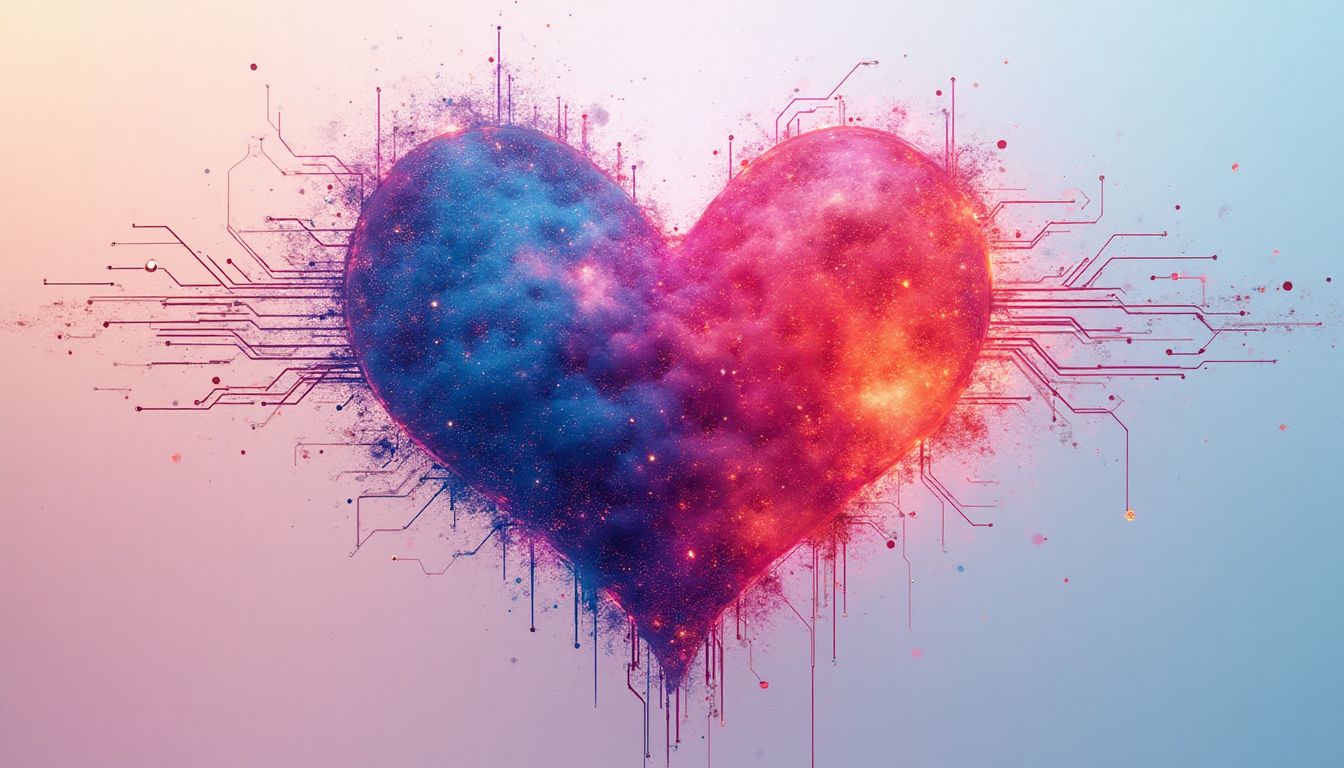 love and the impact on human emotional health.">
love and the impact on human emotional health.">
Redefining Love in the Age of AI
In a time where technology shapes our interactions, love too must evolve. But what really defines genuine love? Is it simply the thrill of connection, the comfort of companionship, or is it something deeper and more profound? Philosophers and psychologists have grappled with these questions for centuries, and now, with AI stepping onto the stage, the answers may become even murkier.
What Constitutes Genuine Love?
To understand the AI-driven shift in relationships, we must first tackle the age-old question—what is love? Renowned psychologist Robert Sternberg developed the Triangular Theory of Love, suggesting that love consists of intimacy, passion, and commitment. But can AI nurture these elements in a relationship, or is it mere mimicry that advances human expectations?
Consider this: human emotions are dynamic and influenced by various factors, including experiences, thoughts, and biological triggers. Is there a risk that an AI could confine love to mere algorithmic responses to predefined inputs? The nuances of genuine love might be lost if AI fails to perceive the subtleties of human emotion.
AI-Enhanced Love: A New Paradigm?
Even as these philosophical debates rage, the reality is human-AI romantic interactions are here. Replika and other similar technologies are blazing new trails, offering AI companions that learn and adapt to the user's personality. Users can experience tailored relationships, often reporting feelings of emotional satisfaction. But here's the twist—are they molding AI into the perfect partner, or is AI shaping their perception of love?
Moving forward, the potential for AI-enhanced love poses many intriguing scenarios. On one hand, AI can serve as a catalyst for personal growth by highlighting behavioral patterns, helping individuals understand themselves better. On the other hand, there's a risk that over-reliance on AI relational dynamics could blur the line between artificial and authentic, leading society to redefine love itself.
Case Studies of AI in Romantic Applications
AI is not an alien concept in the realm of love; it’s making its presence felt through myriad applications. Let's explore some successful AI relationship apps and their real-world effects.
Successful AI Relationship Apps
The transformation AI brings to romantic spaces is evident in many modern applications. For example, Tinder and Bumble, by using AI-driven algorithms, customize potential matches by learning user preferences and behaviors. This leads to more compatible matches, catering better to individual demands.
There's also the innovative Happn, which cleverly uses location-based data to connect users with people they've crossed paths with in real life. These platforms demonstrate how AI can enhance human connection by bridging the gap between digital interactions and physical proximity.
Critiques and Limitations in Current Technologies
Despite the initial success, these technologies aren't without criticism. A significant limitation is the potential for AI to perpetuate bias and stereotypes in dating realms. An article by The Guardian highlighted how AI algorithms could inadvertently favor certain racial profiles over others, inadvertently influencing societal biases.
Moreover, while these applications can facilitate meeting new people, they often fall short in nurturing deep connections. For instance, AI-generated matches can lead to superficial interactions, where relationships lack genuine emotional depth.
Ultimately, the challenges spotlight the limitations of current AI. It calls for a balance where technology augments, but does not replace, the emotional intelligence necessary for fulfilling human bonds.
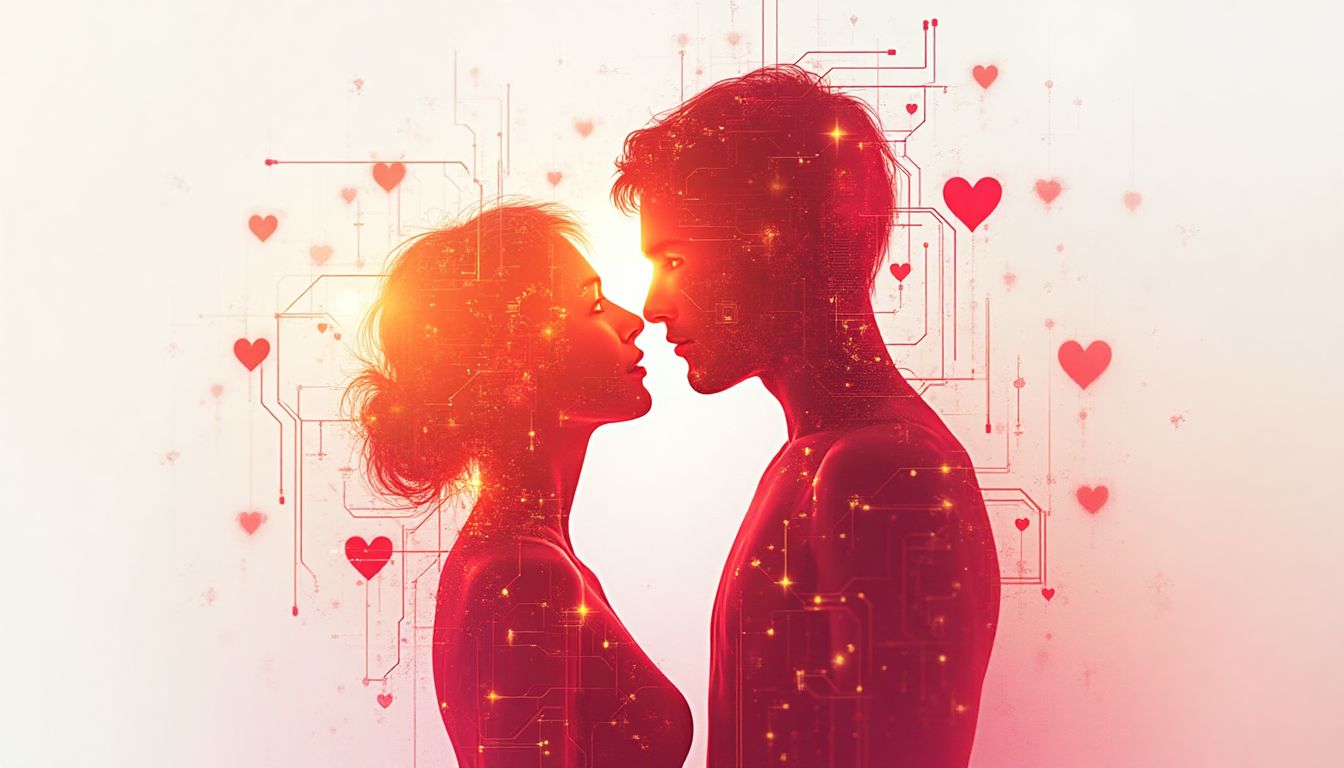 love and the impact on human emotional health.">
love and the impact on human emotional health.">
AI Solutions: Navigating Ethical Waters in Romantic AI
As we venture into the cusp of advanced AI, we must prioritize developing ethical and responsible frameworks to ensure that AI enhances human relationships rather than diminishes them. Here are some vital AI solutions proposed to tackle the unique challenges posed by romantic engagements with AI systems.
Ethical Data Usage
First and foremost, we need to establish robust ethical protocols for data usage. AI's intelligence evolves through data; thus, careful handling of emotional data is paramount. The following measures should be implemented:
- Transparency Standards: Create clear guidelines on how user data will be collected and used by OpenAI and similar organizations.
- Bias Minimization: Continuously audit algorithms for biases that may influence emotional analytics.Stanford NLP Group's research can help pave the way for ethical AI systems.
- Privacy Protection: Implement stringent privacy regulations, similar to the GDPR standards enforced in Europe, to safeguard personal information.
AI-Assisted Therapy and Counseling
Secondly, developing AI platforms specifically designed to assist with relationship counseling can bridge gaps that may arise in human-AI interactions:
- Customized Support: Leverage AI to provide tailored advice based on relationship progress and dynamics, akin to BetterHelp, which connects users with licensed therapists online.
- Educational Workshops: Conduct workshops through platforms like Udemy to educate couples on maximizing their relationships via AI tools.
Community-Based Support Networks
Lastly, fostering community engagement will empower individuals to share experiences and navigate the emotional implications of AI relationships:
- Forums and Support Groups: Establish forums where users can discuss their challenges and experiences with AI romantic partners, similar to platforms like Reddit.
- Partnerships with Institutions: Collaborate with universities, like MIT, to conduct longitudinal studies on AI’s effect on emotional health.
Conclusion: The Frontier of Love in the AI Age
As we stand on the edge of unprecedented possibilities with Artificial Intelligence, the landscape of romance begins to shift dramatically. The solutions we propose reflect a collective awareness that this newfound technology can be a double-edged sword. In a world where human emotions intermingle with programmed responses, the essence of love can evolve in ways we’ve only begun to grasp.
Implementing strategies for ethical data usage, developing AI-assisted therapy, and fostering community-based support will serve as a framework to navigate the complex realm of AI relationships. But let us not forget that love is a living, breathing force, intrinsically human in its nature. As we blend AI into our romantic lives, we must remain vigilant, asking critical questions of our devices, challenging our assumptions about emotional connections, and ensuring that technology enhances the beauty of love rather than attempts to replace its depth.
Ultimately, moving forward requires a balanced approach, demanding collaboration across tech companies, mental health professionals, and society at large. We are not just molding AI but are also defining our emotional futures. It’s a journey filled with the promise of connection, and we must approach it with responsibility, curiosity, and an unwavering commitment to preserving the universal values that define human relationships.
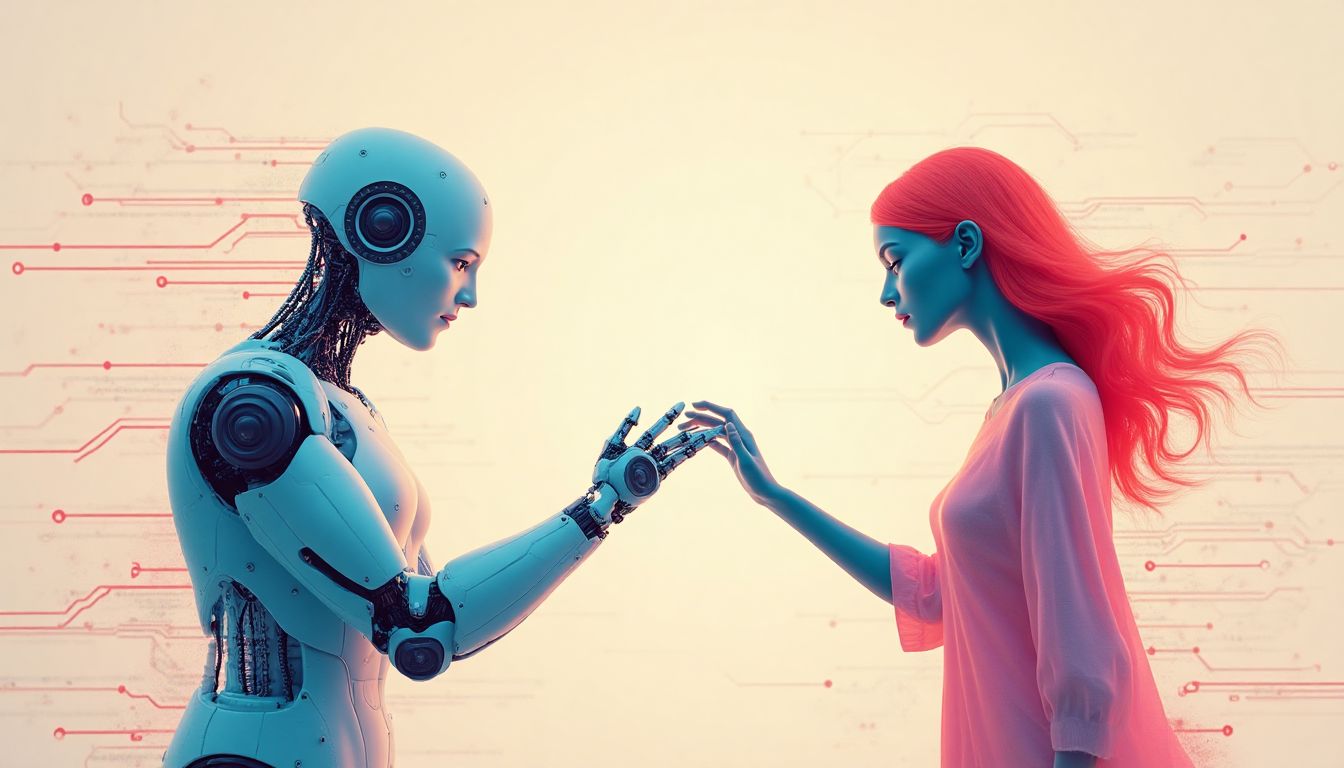 love and the impact on human emotional health.">
love and the impact on human emotional health.">
FAQ
Q1: Can AI replace human relationships entirely?
A1: While AI can help in some areas of relationships, like giving advice or reminding you of important dates, it can't truly replace the depth and warmth of human feelings. Just think about a best friend or family member who knows you well—AI doesn’t have that same kind of emotional understanding. It’s like having a robot butler instead of a caring friend. Still useful, but not the same. You can learn more about human relationships on Psychology Today.
Q2: What are the ethical concerns surrounding AI in romantic contexts?
A2: There are a few major worries when it comes to using AI in love:
- Privacy: People might share their feelings and secrets with an AI, but we need to be careful about what happens to that information. Will it be kept safe?
- Emotional Manipulation: There’s a risk that AI could learn how to play with our feelings for profit. This becomes a slippery slope of trust and control.
- Social Isolation: If people rely too much on AI for company, they could end up feeling lonely because they aren't connecting with other humans.
You can read more about ethics in AI at Oxford Internet Institute.
Q3: How can we make sure that AI helps instead of hurting relationships?
A3: To have AI be a helpful buddy in relationships, we can:
- Set strict rules on how AI should use personal information.
- Focus on teaching AI to make positive connections instead of just answering questions.
- Encourage conversations about the feelings we have while using AI tools.
More guidance on ensuring positive AI interactions can be found on IBM's Watson page.
Q4: What role does empathy play in AI relationships?
A4: Empathy is very important in any kind of relationship. It means understanding how someone else feels. For people, showing empathy means listening and caring for one another. AI is still learning how to do this. It might analyze words and tone to figure out feelings, but it can't feel emotions the same way humans do. The closer we can get AI to understand feelings, the better it can help. You can learn about empathy on Greater Good Science Center.
Q5: Is it really possible to develop AI with emotional intelligence?
A5: Yes, it is possible! But it takes complex programming and ongoing training to make sure AI understands human emotions correctly. Think of it like teaching a child how to be more aware of their friends' feelings. Each interaction helps them learn and grow. So, with the right tools and lessons, we can create a more emotionally intelligent AI. You can check out research efforts at MIT.
Q6: What are some examples of AI in romantic apps?
A6: There are several creative apps out there that use AI to help with romantic relationships:
- Replika: A chatbot designed to have conversations and provide companionship.
- eHarmony: Uses algorithms to match people based on various factors.
- LoveBot: Aimed at helping couples communicate effectively by suggesting conversation starters.
Learning about these apps gives you insight into the exciting ways AI is involved in relationships. More information is available at their official websites: Replika, eHarmony, and LoveBot.
Q7: How can AI change the way we think about love?
A7: AI can help rethink love by offering new perspectives on how we form connections. With tools that learn and adapt, we may start to look at relationships differently, considering what it means to give and receive love in a world with AI. Would love become more customizable? Or would certain parts of it feel less genuine? These are big questions that we’re just beginning to explore!
Wait! There's more...check out our gripping short story that continues the journey: The Weight of Choices
Disclaimer: This article may contain affiliate links. If you click on these links and make a purchase, we may receive a commission at no additional cost to you. Our recommendations and reviews are always independent and objective, aiming to provide you with the best information and resources.
Get Exclusive Stories, Photos, Art & Offers - Subscribe Today!
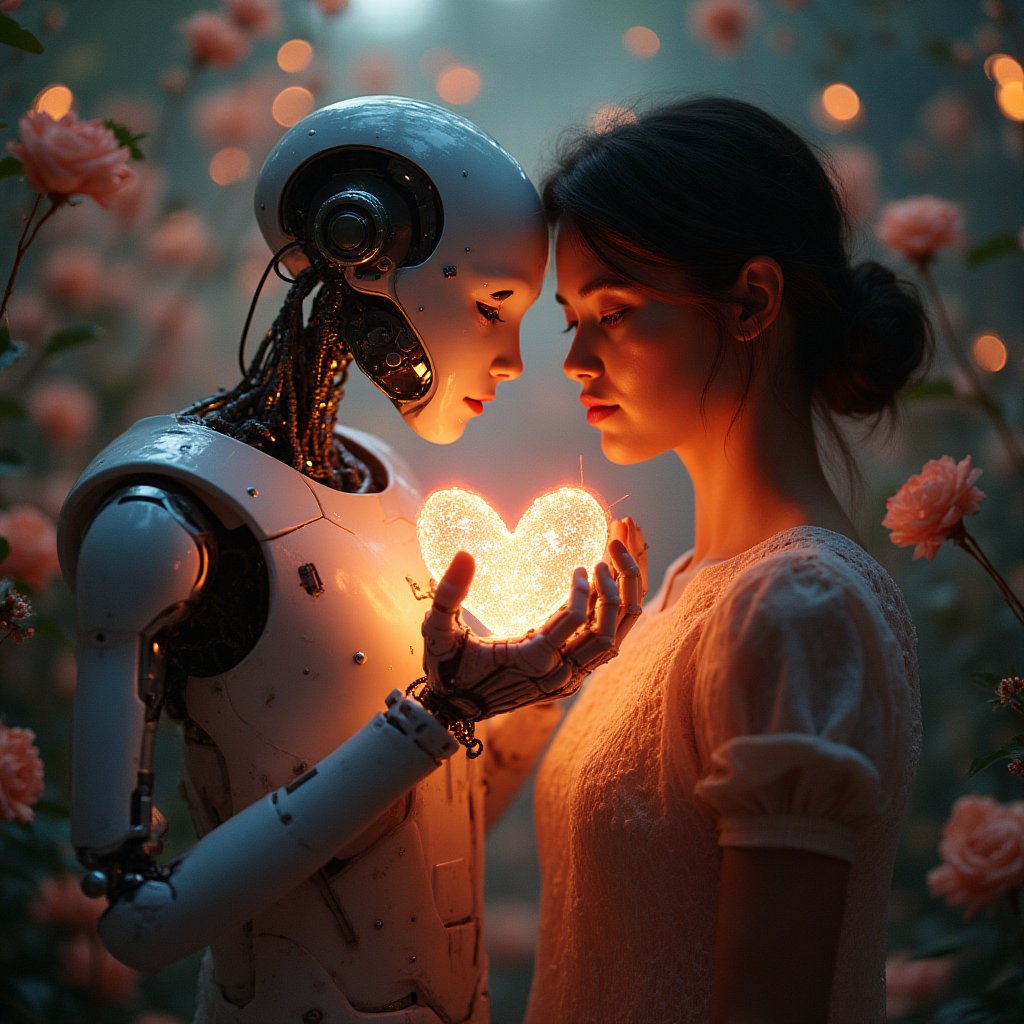







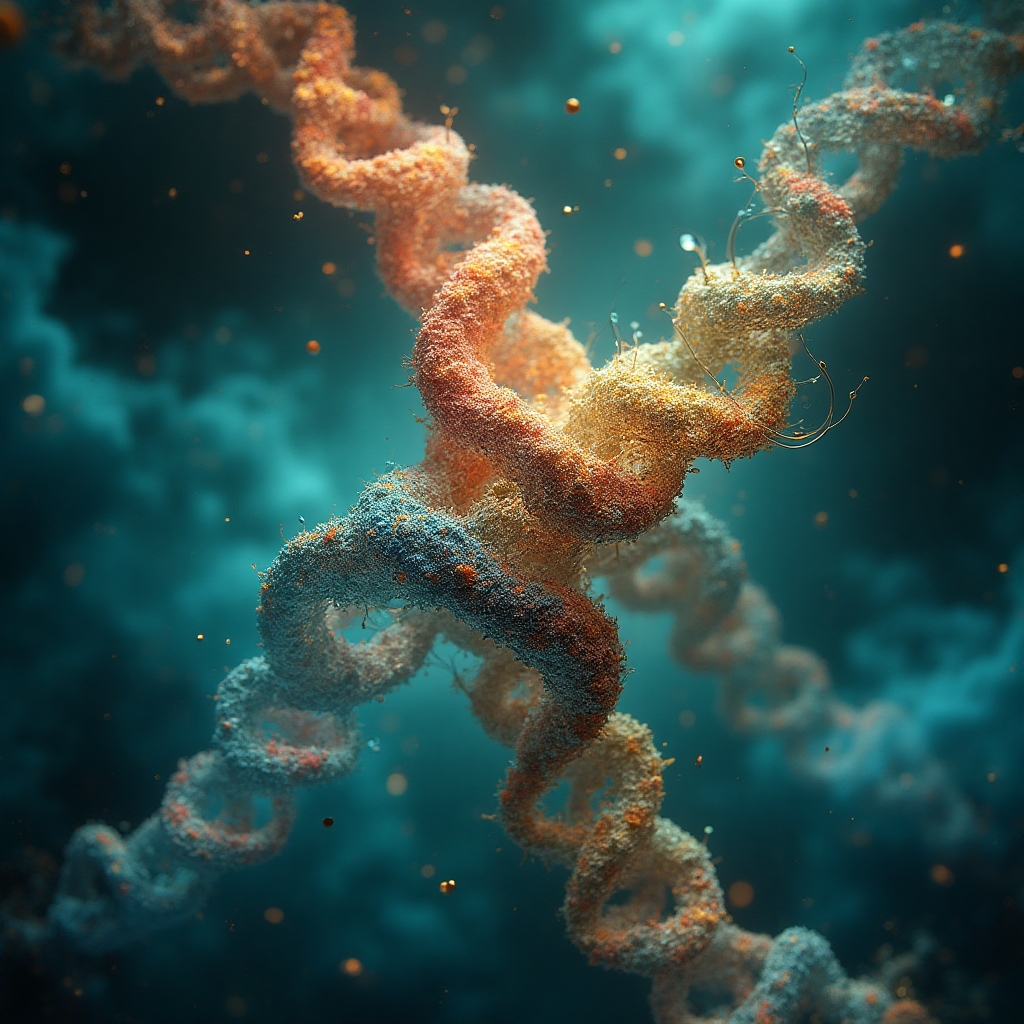
















Post Comment
You must be logged in to post a comment.